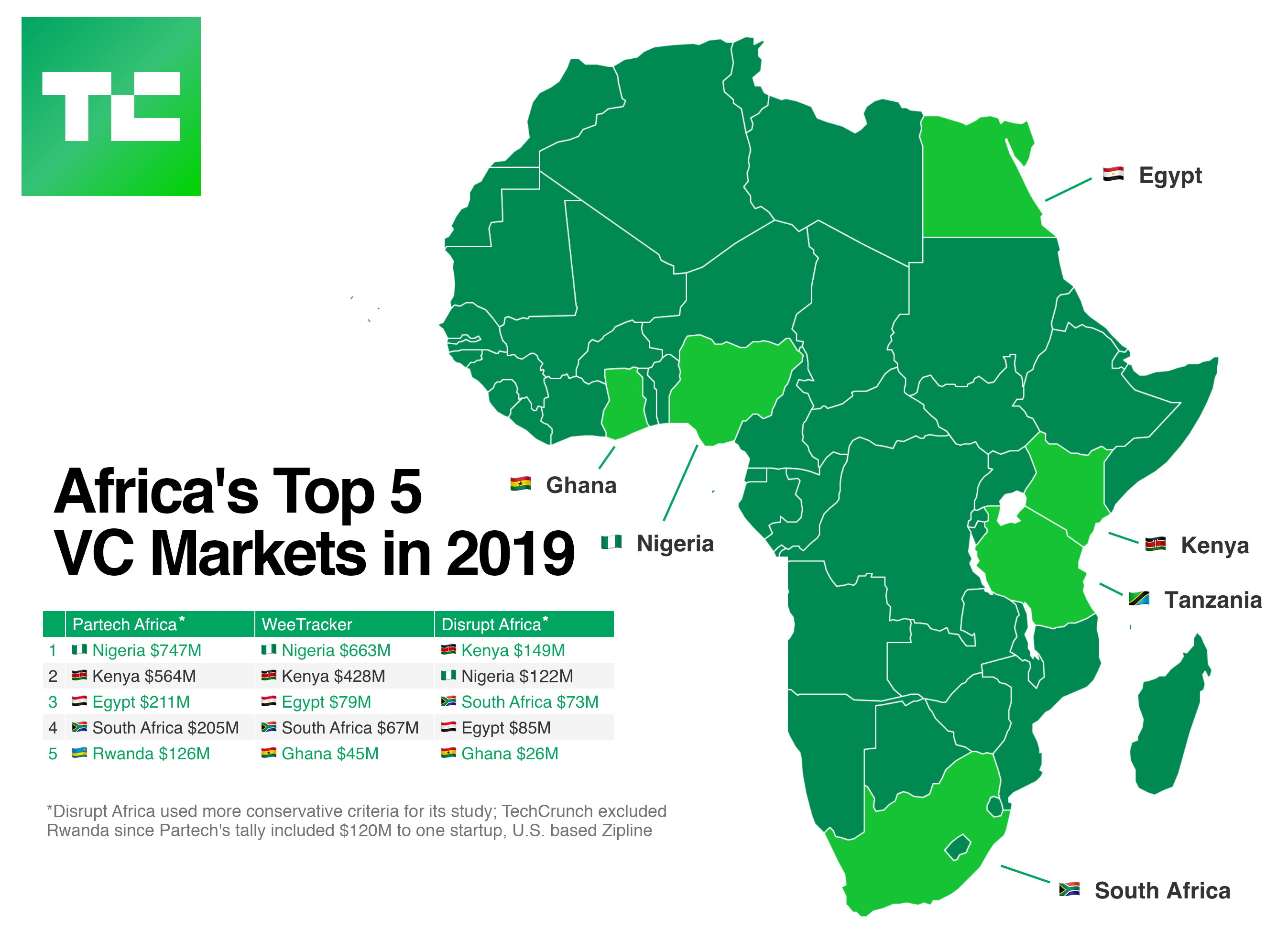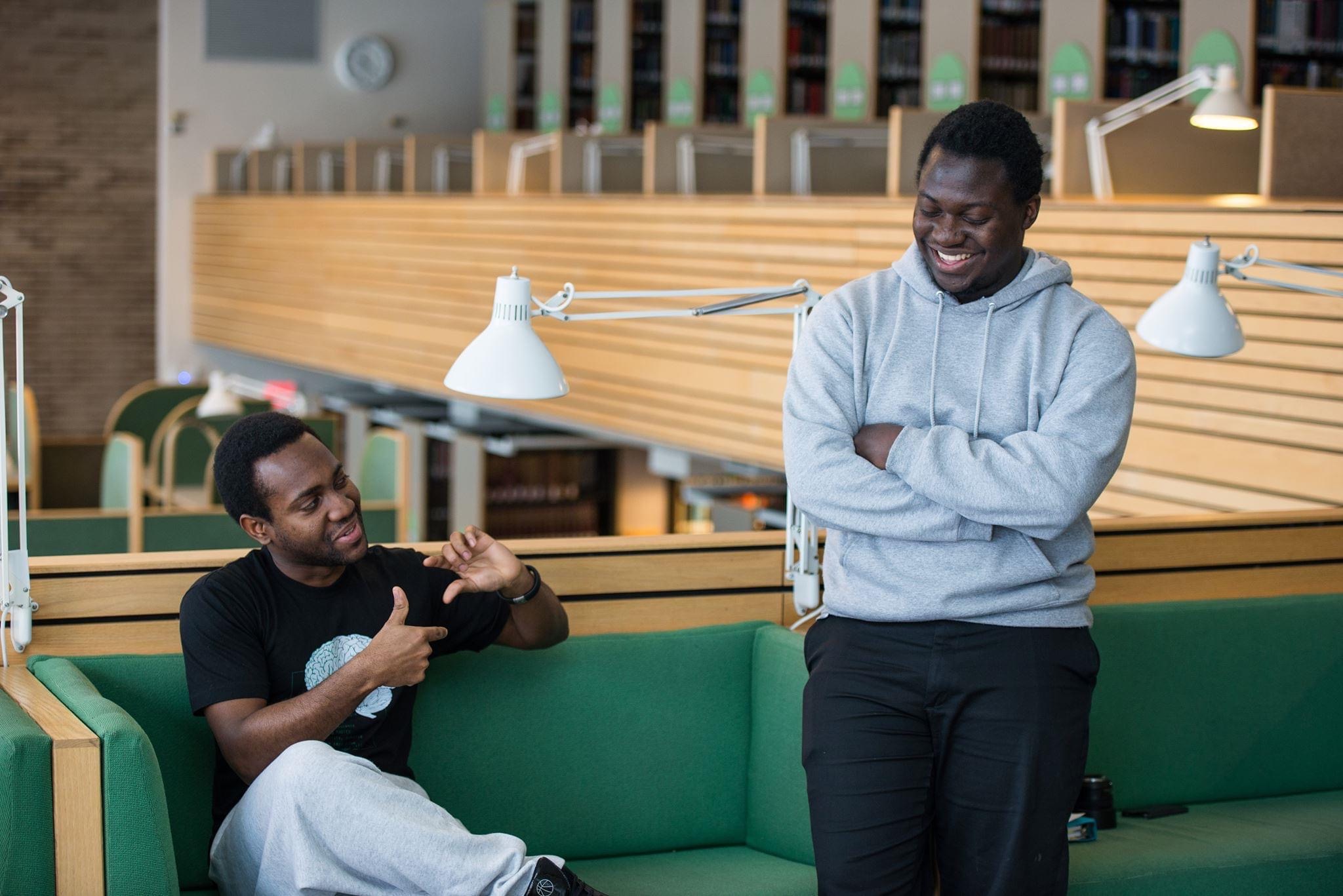News: UK to invest in AI and cyber as part of major defense spending hike
The UK has announced a massive boost in defense spending — £16.5 billion ($21.8BN) over four years, the biggest such spending bump for 30 years — in what prime minister Boris Johnson has described as a “once in a generation modernization” of the UK’s armed forces and “the end of the era of retreat” on
The UK has announced a massive boost in defense spending — £16.5 billion ($21.8BN) over four years, the biggest such spending bump for 30 years — in what prime minister Boris Johnson has described as a “once in a generation modernization” of the UK’s armed forces and “the end of the era of retreat” on funding for defense.
Overall the UK prime minister said the spending hike will create 40,000 jobs, adding that it will cement the country’s position as the biggest military defense spender in Europe and the second largest in NATO after the US.
Johnson said the focus for investment will be on cutting edge technologies that can “revolutionize” warfare — implying a major role for artificial intelligence and sensor-laden connected hardware in “forging our military assets into a single network designed to overcome the enemy”, as he put it in a statement to parliament, setting out the first conclusions from an the (ongoing) review of security, defense, development and foreign policy.
“A soldier in hostile territory will be alerted to a distant ambush by sensors or satellites or drones instantly transmitting a warning using artificial intelligence to device the optimal response and offering an array of options — from summoning an air strike to ordering a swarm attack by drones, or paralyzing the enemy with cyber weapons,” Johnson told the House of Commons today, speaking via video conference as he continues to self isolate following a coronavirus contact.
“New advances will surmount the old limits of logistics,” he went on, fleshing out the rational for spending on upgrading military technology. “Our warships and combat vehicles will carry directed energy weapons — destroying targets with inexhaustible lasers. And for them the phrase out of ammunition will become redundant.”
“Nations are racing to master this new doctrine of warfare and our investment is designed to place Britain among the winners,” he added.
The review sets out at least £1.5BN extra — and £5.8BN total — spending on military R&D which Johnson said would be “designed to master the new technologies of warfare”.
There will also be a new R&D center set up with a dedicated focus on artificial intelligence, he added.
An RAF Space Command center is also in the works — with the aim of launching British satellites including the UK’s first rocket from Scotland in 2022.
While the airforce will get new fighter system that Johnson specified will incorporate AI and drone technology.
He also confirmed the existence of a National Cyber Force — a joint unit consisting of personnel from the UK’s intelligence agencies and military personnel which runs cyberops targeting terrorism, organized crime and hostile foreign state actors.
He suggested the hike in military spending on emerging technologies will filter down into wider societal tech gains, telling MPs: “The returns will go far beyond our armed forces — from aerospace to autonomous vehicles — these technologies have a vast array of civilian applications, opening up new vistas of economic progress.”
Responding to Johnson’s statement, the leader of the opposition, Keir Starmer, welcomed the announcement of increased spending for defense and the armed forces — but accused the government of issuing another “press release without a strategy” — pointing out that successive Conservative governments have eroded defense spending over the past ten years.
“This is a spending announcement without a strategy. The government has yet again pushed back vital parts of the integrated review and there’s no clarity over the government’s strategic priorities,” said Starmer, going on to query how the spending hike would be funded, given the economic crunch facing the UK as a result of the pandemic — asking whether it will require tax rises or cuts to public spending elsewhere, such as to the international development budget.
Starmer also raised the awkward matter of the Russia report — wondering why Johnson’s government has not acted on the “urgent” national security risks identified there.
The report, by parliament’s intelligence and security committee, found the UK lacks a comprehensive and cohesive strategy to respond to the cyber threat posed by Russia and other hostile states that are deploying online disinformation and influence ops to target democratic institutions and values.
It also sounded the alarm about how much Russian money is finding its way into UK political party coffers.
“The prime minister speaks of tackling global security threats, improving cyber capability — and that is all welcome, and we welcome it — but four months after the intelligence and security committee published its report concluding that Russia posed… an immediate and urgent threat to our national security,” noted Starmer.
Replying, Johnson dodged all Starmer’s questions — branding his criticisms “humbug [that] takes the cake” and opting to attack the Labour leader for having served under the party’s former leader, Jeremy Corbyn, who did not support increasing UK defense spending.






